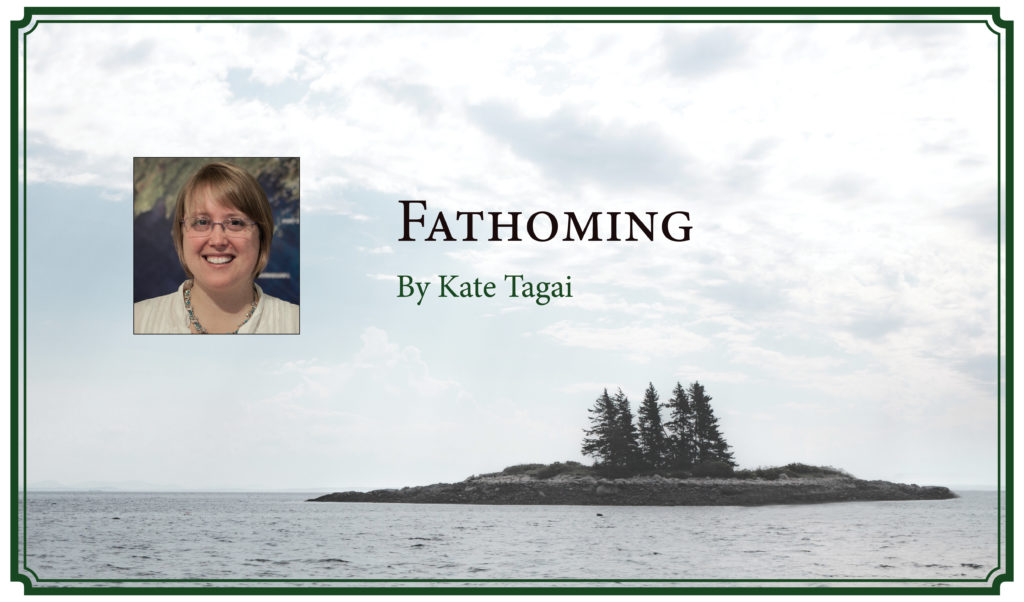By Kate Tagai
Fourteen island states gathered in the Maldives in November 1989 for the Small States Conference on Sea Level Rise. Jack Hopa, minister of agriculture, forestry and fisheries for the island nation of Vanuatu (in the Coral Sea, east of Australia) asserted:
“On the issue of sea level rise, there is consensus in the international scientific community that the main impact on the global atmosphere is causing the earth temperature to rise, with particularly serious consequences.”
At the time, the Montreal Protocol was still fresh in everyone’s minds, one of the first international treaties aimed at addressing climate change through the reduction of chlorofluorocarbons and other ozone depleting substances. These small nations knew that only when larger countries acted in concert could change happen. The only debate about climate change for these island nations was how to get the larger countries to listen, and to enact real, substantial change.
“The attitude of the large industrial nations is a clear indication of their unwillingness at this stage to bear their share of the responsibilities for global atmospheric pollution,” said Lt. Col. Apolosi Biuvakaloloma, the minister for rural development and housing for the Republic of Fiji.
At the end of the conference, each small nation declared global climate change and sea level rise to be the greatest threats to their nations in the 21st century. Already, these low-lying island nations were seeing the impacts of wetter wet seasons, longer cyclone seasons with increasing severity of storms, coastal erosion, and saltwater intrusion into their ground water.
“We have more to lose than they have. Indeed, our very existence is at stake,” said Biuvakaloloma. The serious consequences of rising global temperatures, increased hurricane activity, changing weather patterns, and rising sea levels endanger many South Pacific nations.
We often talk about the power of a collective voice for Maine island issues. In fact, leveraging the increased volume of a collective voice is what the Maine Island Coalition, a group that meets in the Island Institute’s offices, is about. The Pacific islands, like Maine islands, understood the power of a collective voice. They recognized that each country alone was too small to make any difference in the global dialogue, and though each island nation had different challenges, by organizing around a shared central theme they could be heard. It was vitally important that their voices be heard.
The conference declaration noted: “It is predicted that even if the increases in atmospheric concentrations of greenhouse gases were to be brought to a standstill immediately, however unrealistic that may be, the global temperature and sea-level would continue to rise for decades to come.”
In fact, these small nations were extremely progressive in their stance on climate change because they were already witnessing the effects. The statements published 30 years ago could have been written today.
In June, these same Pacific island nations gathered again in the low-lying country of Tuvalu. With a population of just over 11,000, and a main island just three-meters above mean sea level, Tuvalu is a tiny, vulnerable country, but it made sure the impact it had was large.
The theme of the conference was “Securing our Future in the Pacific.” As diplomats from larger countries such as Australia and New Zealand arrived at the airport, they were met with an art installation that included children floating in a moat of water around a model island to illustrate the threat to the island’s future.
Last year, Australia mined 42.3 million tons of coal to use for electricity generation. Tuvalu and the rest of the Pacific island nations wanted to be heard in ways that they weren’t in 1989. The weather is changing, the seas are rising, and the crisis is real. We now are in the future they were predicting in 1989, with the warmest July on record, stalling hurricanes, and massive rainfall events.
As the Pacific island states affirmed in 1989, even if greenhouse gases were no longer emitted, the impacts would continue for decades. The Pacific islands are still at the forefront of innovation and messaging, despite having small populations and smaller budgets to pay for adaptation. But at the 2019 forum, the islands pushed for an expanded definition of fragility to recognize small states’ vulnerability to climate change and open up access to World Bank climate and development finance.
While the U.S. has pulled out of the 2015 Paris Climate Accord, and Australia deflected any mention of limiting coal mining as it set its 2050 goals at the 2019 forum, the children of Tuvalu sang visitors onto their drowning island with the lyrics, “Save Tuvalu to save the world.”
Indeed, the voices of the smallest and most fragile among us are speaking the loudest with creative innovations and resilience. They have been talking to us for over 30 years. It is time we started to listen.
Kate Tagai is a senior community development officer with the Island Institute, publisher of The Working Waterfront.





